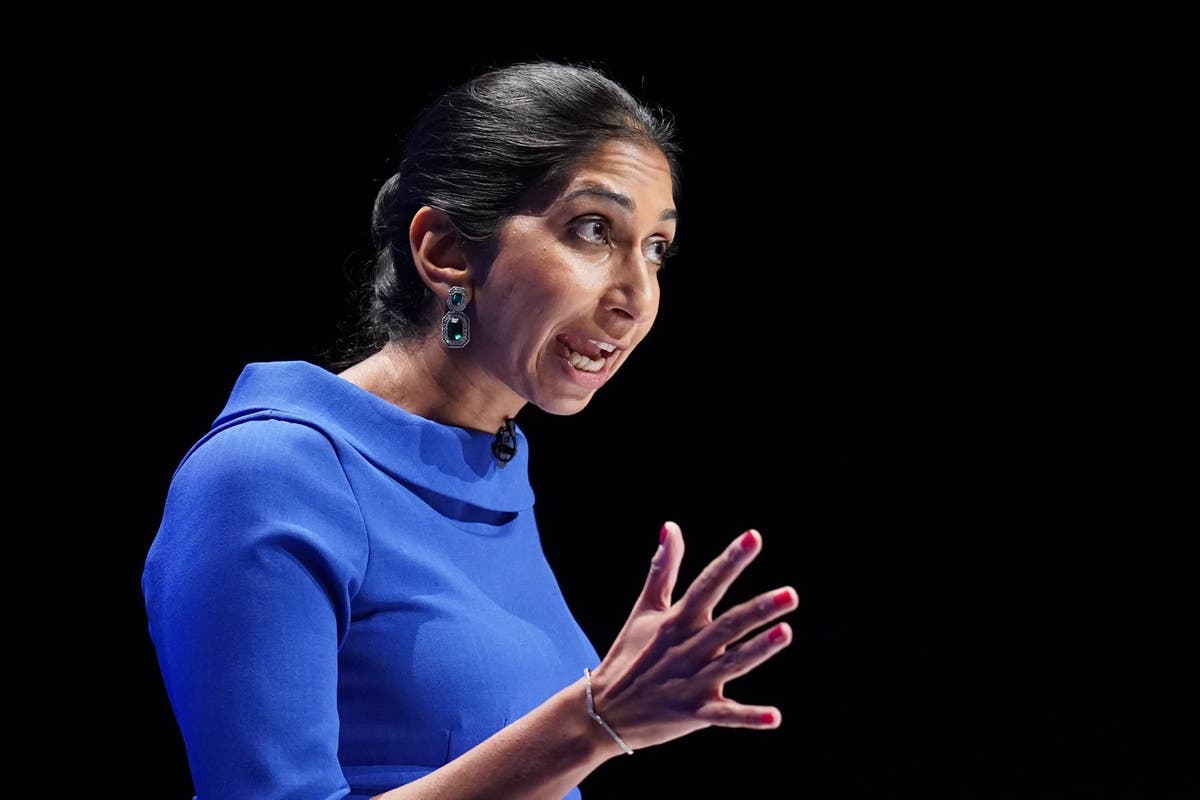George Adams, Director of Energy and Engineering, SPIE UK, shares insights on how the UK could decarbonise the economy in line with COP26 targets
COP26 is fast approaching and world leaders will be heading to Glasgow to find a strategy to implement the goals of the Paris Agreement before it is too late. For this UN Climate Change Conference in Great Britain in 2021, 200 countries will be asked about their plans to reduce emissions by 2030, but where is something really going to change?
The UK proposed five themes:
- Adaptation and Resilience of Societies to Climate Change
- Nature: nature-based solutions to protect ecosystems
- Energy transition: ending dependence on fossil fuels
- Decarbonised transport: switch to electric vehicles
- Finance: Increase investment in sustainable infrastructure and green finance
As the world warms up due to human-made fossil fuel emissions, extreme weather events related to climate change – including heat waves, floods, and forest fires – are on the increase. The last decade has been the warmest on record, and governments agree that collective action is urgently needed.
Improving energy policy as a way to decarbonise 30 million buildings
In order to limit global warming to “well below” 2 ° C above pre-industrial levels, and ideally below 1.5 ° C, we need to focus on improving energy efficiency policies, including widespread adoption of renewable technologies to reduce CO2 – Effects of buildings around the world.
One of the UK’s biggest challenges is decarbonising around 30 million buildings. Many of them are old, poorly insulated and have a carbon-based energy supply. Although renewable energy production has increased, global and national policy barriers, including the lack of policies and regulations that favor the development of renewable energy technologies, remain significant. This is a critical challenge and cannot be met without significant intervention from world governments and supporting organizations; We are at the turning point!
The British environmental authority has also warned of the serious consequences should a rise of 2 ° C occur. These include winter precipitation of 6% by 2050 and 8% by 2080 (compared to 1981-2000); London’s sea level will rise 23 cm in the 2050s and 45 cm in the 2080s. Even if our planet will never run out of water, we must remember that fresh water does not come from the tap and people need it everywhere. Half of the world’s freshwater is in just six countries, and around a billion people live without enough drinking water. Global climate change has been linked to an increase in droughts, which can severely reduce a region’s freshwater supply.
For humanity to survive, we must restore nature
For far too long we have used our biodiversity for human development, forgetting the important role nature plays in mitigating climate change, resilience and adaptation. A recent report from The Wildlife Trusts gives examples of how natural habitats like peat, forests, and seagrass can absorb large amounts of carbon. We need to see climate and biodiversity goals as one and the same, as one cannot survive without the other.
Transforming Britain
The UK government has announced new climate change commitments to cut CO2 emissions by 78% by 2035. To achieve net zero emissions by 2050, low carbon investments must be up to £ 50 billion a year in the UK, according to the government-approved report by the Climate Change Committee. 2050 is a widely accepted plan, but scientists have warned that it is too late, which is why it will take a huge effort from both the UK government and everyone represented at COP26 to reduce global risks over the next 10 years .
Above all, energy supply companies, transport and the built environment as a whole need radical changes. Not talk, but action. There are still far too many advisory organizations out there spreading strategies, ideas, narratives and conferences. Now is the time for those who can make a difference to step up and make real change.
Prince Charles pointed out in a recent interview: “Young people feel like nothing ever happens” on climate change. It is time for this malaise to end at COP26 and for world leaders to change their mindset from the usual way of doing today to a global mindset for tomorrow. It is no longer just about science, business and technology; it is about the survival of all life on earth as we currently know it. The global platform of COP26 must be used to bring together the central concerns of the climate emergency, global poor air quality, social security, biodiversity, valuable resources, the health of sea and land, water and human well-being.
We must not forget that failure to invest at least 2% of world GDP will have ramifications. Current estimates show that the damage could end up costing 20% ​​of GDP. COP26 could and should be a new starting point to address and act on the planet’s growing global concerns, including all of life on it, and most importantly, restoring the world to exist for future generations.
 PLC 4ever
PLC 4ever



